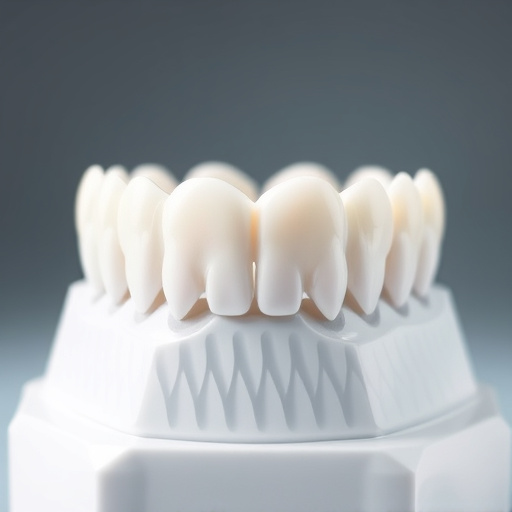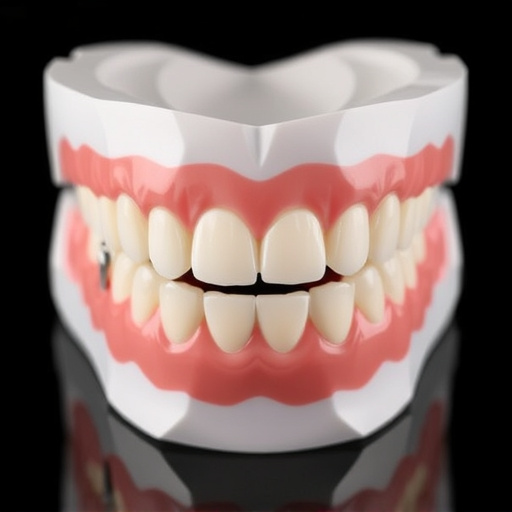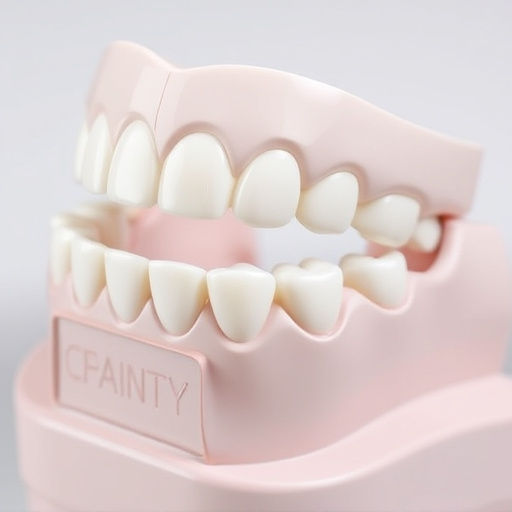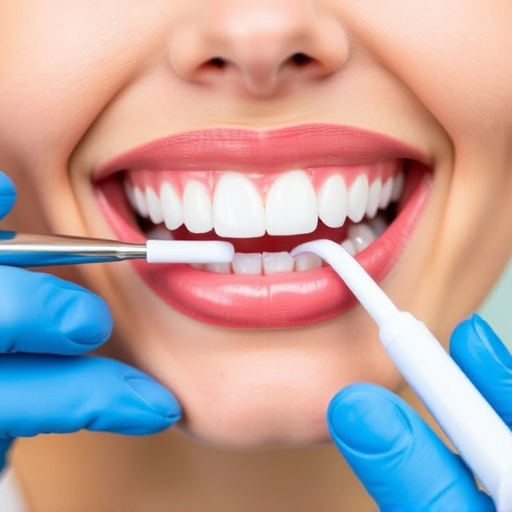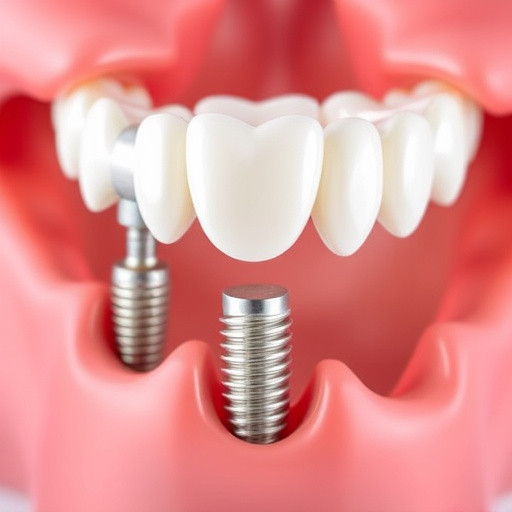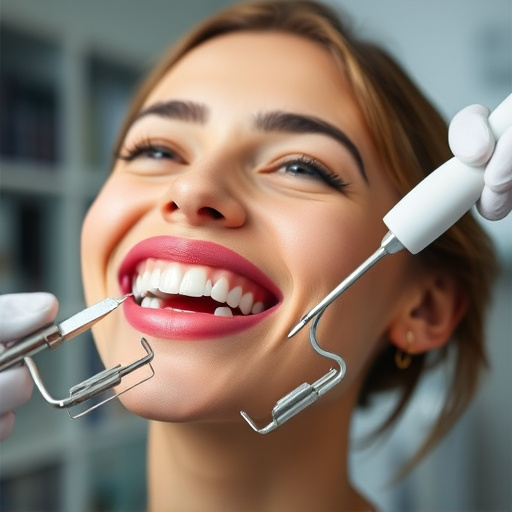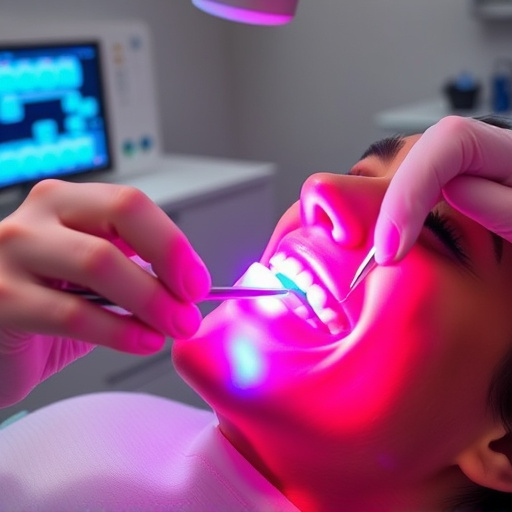Early dental health maintenance begins with parental teaching of brushing, flossing, and regular dental check-ups. Starting at a young age, proper techniques and balanced diets prevent tooth decay and gum disease. Interactive education fosters positive attitudes towards dentistry, minimizing future oral health issues.
Dental health maintenance is a cornerstone of overall well-being, and establishing good habits early on sets the stage for lifelong oral care. This article explores the critical role that parents and caregivers play in shaping healthy dental routines for children. We delve into strategies for preventative care tailored to tiny teeth, effective educational methods to instill hygiene practices, and the long-term benefits of nurturing robust dental health from infancy onward.
- Establishing Good Oral Habits Early On
- Preventative Care for Tiny Teeth
- Educating Children on Dental Hygiene
Establishing Good Oral Habits Early On
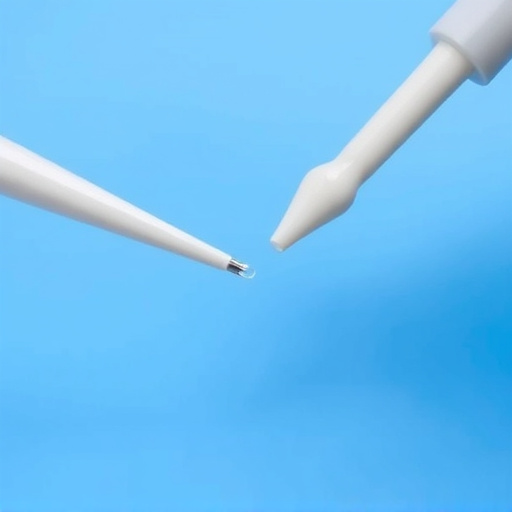
Establishing good oral habits early on is a cornerstone of effective dental health maintenance. Parents play a crucial role in teaching their children proper brushing and flossing techniques, setting regular dental check-up appointments, and promoting a balanced diet low in sugary foods and drinks. By instilling these practices from a young age, parents can help prevent common dental issues like tooth decay and gum disease, which can have long-lasting impacts on a child’s overall health and well-being.
Encouraging good oral hygiene habits isn’t just about preventing tooth extractions; it also paves the way for a lifetime of comprehensive dental care. Regular brushing and flossing, combined with routine dental cleanings and examinations, can help identify potential problems early, making them easier to treat. Moreover, fostering positive attitudes towards dentistry from childhood can lead to less anxiety and better compliance with dental procedures as children grow into adults, ensuring they maintain optimal oral health throughout their lives.
Preventative Care for Tiny Teeth
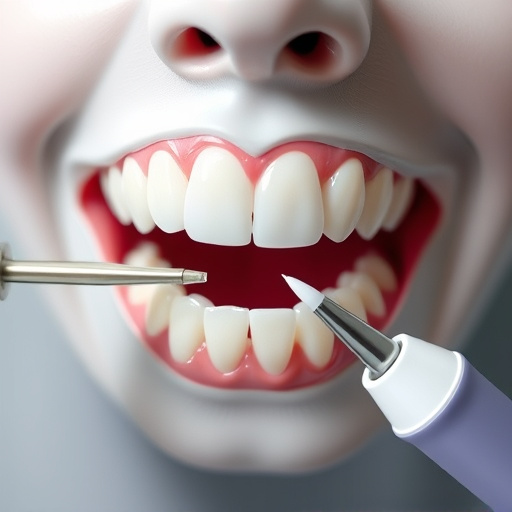
Dental health maintenance should start early, even before children can utter their first words. Preventative care for tiny teeth involves establishing a routine that includes regular visits to the dentist and general dentistry practices. These appointments not only offer comprehensive check-ups but also educate parents on proper oral hygiene techniques for their growing children. Dentists often recommend starting teeth cleaning as soon as the first tooth emerges, using soft brushes designed for infants.
Regular dental bonding sessions can help identify potential issues early on, such as misalignments or decay. By fostering good habits from a young age, parents can ensure their children grow up with robust dental health. This proactive approach sets them up for a lifetime of healthy smiles and minimizes the risk of future oral health problems.
Educating Children on Dental Hygiene
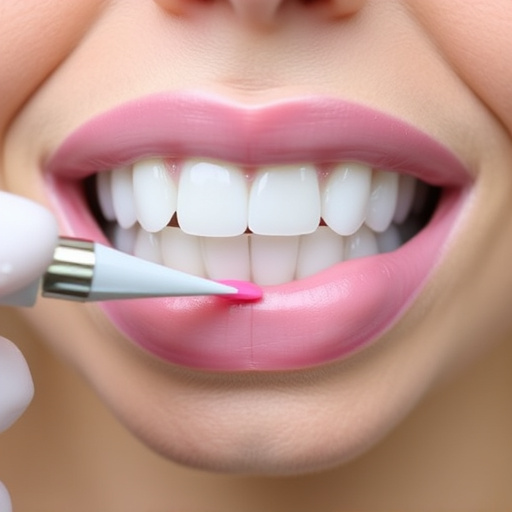
Teaching children about proper dental hygiene is a fundamental step in ensuring their long-term dental health maintenance. It starts with simple concepts like brushing and flossing, which parents can demonstrate and encourage from an early age. By making oral care a fun and regular routine, kids develop good habits that will serve them well into adulthood.
Through interactive and age-appropriate education, children learn about the importance of keeping their teeth clean and healthy. This includes understanding why brushing removes plaque and food particles, and how flossing helps get rid of debris stuck between teeth. Regular dental cleanings by a professional also become less daunting when kids are taught that these visits are essential for maintaining their sparkling smiles, preventing cavities, and avoiding procedures like dental fillings or, in more severe cases, dental crowns.
Dental health maintenance begins in early childhood, with habits formed then lasting a lifetime. By establishing good oral care routines from a young age, parents can ensure their children grow up with healthy teeth and gums. Preventative measures like regular check-ups and proper nutrition are key to avoiding common dental issues. Educating kids about hygiene fosters independence and promotes responsible oral care practices. In investing time and effort into these areas, we empower the next generation to take charge of their dental health.







